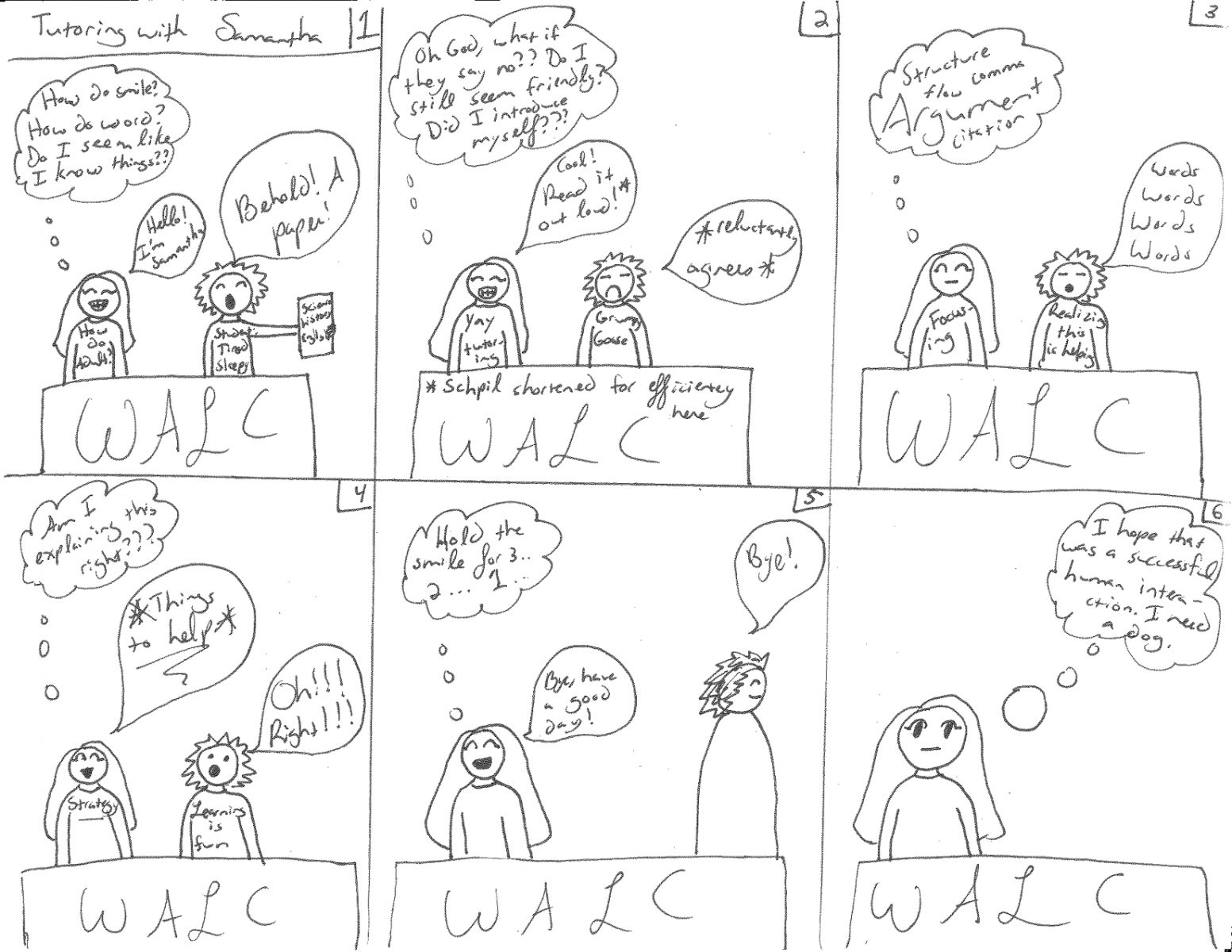By Craig H.
Ernest Hemingway once said, “There is nothing to writing. All you do is sit down at the typewriter and bleed.” Few of us will ever antagonize over our written works in the way that Hemingway did, but we all can at least imagine where he was coming from. Writing is a long, painstaking process. We pour ourselves into it, for hours upon hours, being careful to craft something that represents, not only what we have been taught, but what we feel, believe, or even hope for. That, I think, is why writing can be such an intensely personal craft.
Before I started my current graduate program, I went back and looked at some of my papers from my undergraduate studies; it was shocking. The essays that I once had dreaded, procrastinated, labored over, lost sleep over, and eventually, invested myself in, had lost their illusion of greatness. The solid grade A papers that I once thought were masterpieces of combined intellect and imagination were, in a word, crap.
It was humbling, not just to see how bad my papers were, but to have it so plainly demonstrated that the learning process is a lifelong one. My writing is never going to be “perfect.” It may never even be truly “great.” There will always be something new to learn; something I didn’t know, I wouldn’t expect, or I couldn’t conceive. Yes, we may be great writers in comparison to a few years ago, or even great in comparison to the writers that we were last week, but there is always something we can do to better ourselves, or refine our writing process.
I recently started a new position as a writing tutor and, I must say, I had never thought about the writing process in this way before. I had always thought about my writing process, or my peers’ process, in the manner that a student would. I was never in a position to approach a student’s paper with any type of authority, other than as a friend. I would never dream of discrediting or criticizing another student’s writing process, but at the same time, it had never occurred to me that this is the line that a tutor might have to walk. I need to consistently urge myself to consider, not only the structure and content written on the page, but also the effort that is hidden between the lines.
Writing isn’t just a process by which we regurgitate processed information, it is the textual representation of us. It is the product of the information that we were interested enough to pursue, multiplied by the passions that makes us human, and then compounded with the limitless possibilities of our imagination. Anybody who has labored over a written work understands that it takes time and effort to generate genuine content, and I submit that any truly invested writer would resent the idea of their favorite creation being dismantled, or disregarded as mere text. As writers, we are invested in our works, and I believe that this is something we should keep in mind as we move forward.
As a writing tutor, my goal is to help other students become better writers. That would be so much easier if it were achieved by taking a red pen and just dismantling each paper that is placed in front of me. However, the reality is that it’s not just a student’s text that I am being asked to evaluate. I am being asked to evaluate their research, their thought process, their style, their choice of phrasing, their time, their efforts, and their passions. They have “bled” over their writing, and I will agree to “bleed” over my task of making them better writers.

Very thoughtful look at the work we do at WaLC! And a nice nod to Hemingway.
Craig, you’re awesome!
P.S. You are totally right about the undergrad papers – I cringe when I read mine!